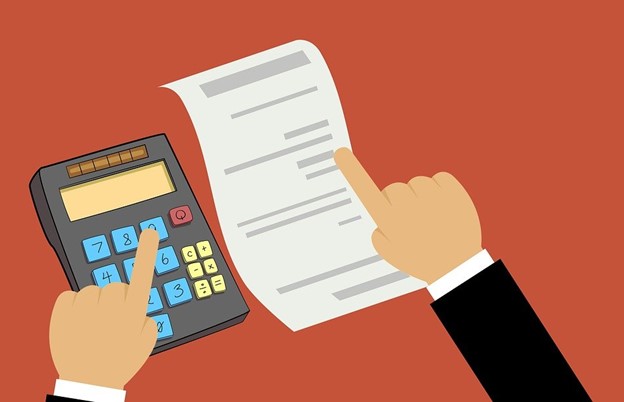What are variable expenses and how can they impact your business’ bottom line?
 When creating a budget for your business, it is helpful to separate and account for fixed versus variable expenses. Mistaking the latter for the former can cost you, and the better you understand all your expenses, the better chance you have of optimizing them.
When creating a budget for your business, it is helpful to separate and account for fixed versus variable expenses. Mistaking the latter for the former can cost you, and the better you understand all your expenses, the better chance you have of optimizing them.
If you’re unfamiliar with the concept, the best way to describe the difference is that fixed expenses are costs that stay the same from month to month, whereas variable expenses are ever-changing and harder to predict.
Fixed expenses.
Fixed expenses often represent the largest part of your budget. For a business, your fixed expenses are going be costs such as rent payments, insurance premiums, property taxes, and so on. While these are not easy to optimize, they are easy to work into your budget, as they are unchanging and paid at a consistent frequency.
If you can lower these expenses – say, by finding a different insurance plan that works for your needs – you automatically save more money each month or pay period.
In business budgeting, it is important to remember that all your fixed costs must be paid, regardless of your sales that pay cycle. If you’re starting a business, making sure you can cover these expenses for a period before you start bringing in revenue is crucial to staying afloat.
Variable expenses.
Your variable expenses are going to represent the costs incurred by how a given month or pay period goes for your business. How many credit cards you swipe, how much electricity you use, or how much waste you generate; all of these are going to incur a bill that varies every cycle.
Some of these expenses can be harder to reduce than others. How much heating you use to keep your office warm, for example, may be more difficult to lower than the amount of waste your organization is generating. However, in many cases, these expenses are in areas that you can strategize or work with professionals to identify savings, creating a more predictable monthly bill.
Employees can represent either kind of expense.
Depending on how you staff your business, your employees can be either a fixed or variable expense. Anyone hired on full time, who is guaranteed a forty-hour work week, will be a fixed expense, whereas a seasonal or part-time employee will likely be a variable expense, as their hours are subject to change month to month.
Budget with these expenses in mind.
When you’re budgeting, it’s important to separate your fixed costs and your variable costs. If you’re able to determine what you absolutely will be spending in your fixed costs, then it is easier to identify and strategize areas to save with your variable costs.
Month to month, keep track of your variable expenses. Maybe one month you allotted too little to certain expenditures and went over budget. If you keep a closer eye on each cost category, you can do a better job budgeting and planning for the future going forward.
Don’t settle on expenses.
The lower you can keep your costs, fixed or variable, the better the results for your bottom line. If you don’t have experience negotiating rates or deciding what expenses are fair in comparison with the rest of the market, don’t settle. Explore your options, bring in consultants, and work with professionals who can guide you in the right direction.
Especially for the fixed expenses you will be locked into for some time, this could be a make-or-break decision for your business. Why pay more than you have to?

